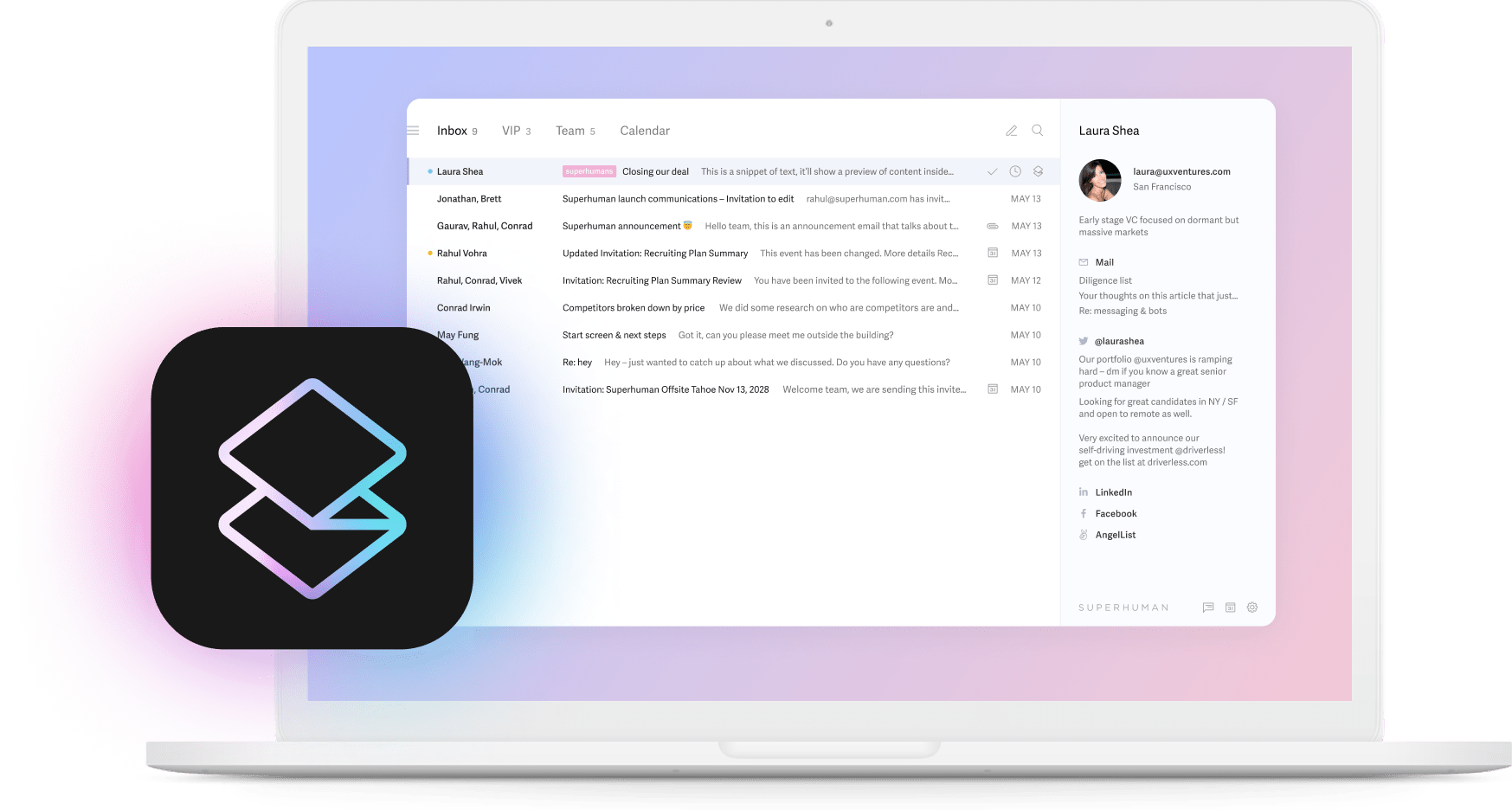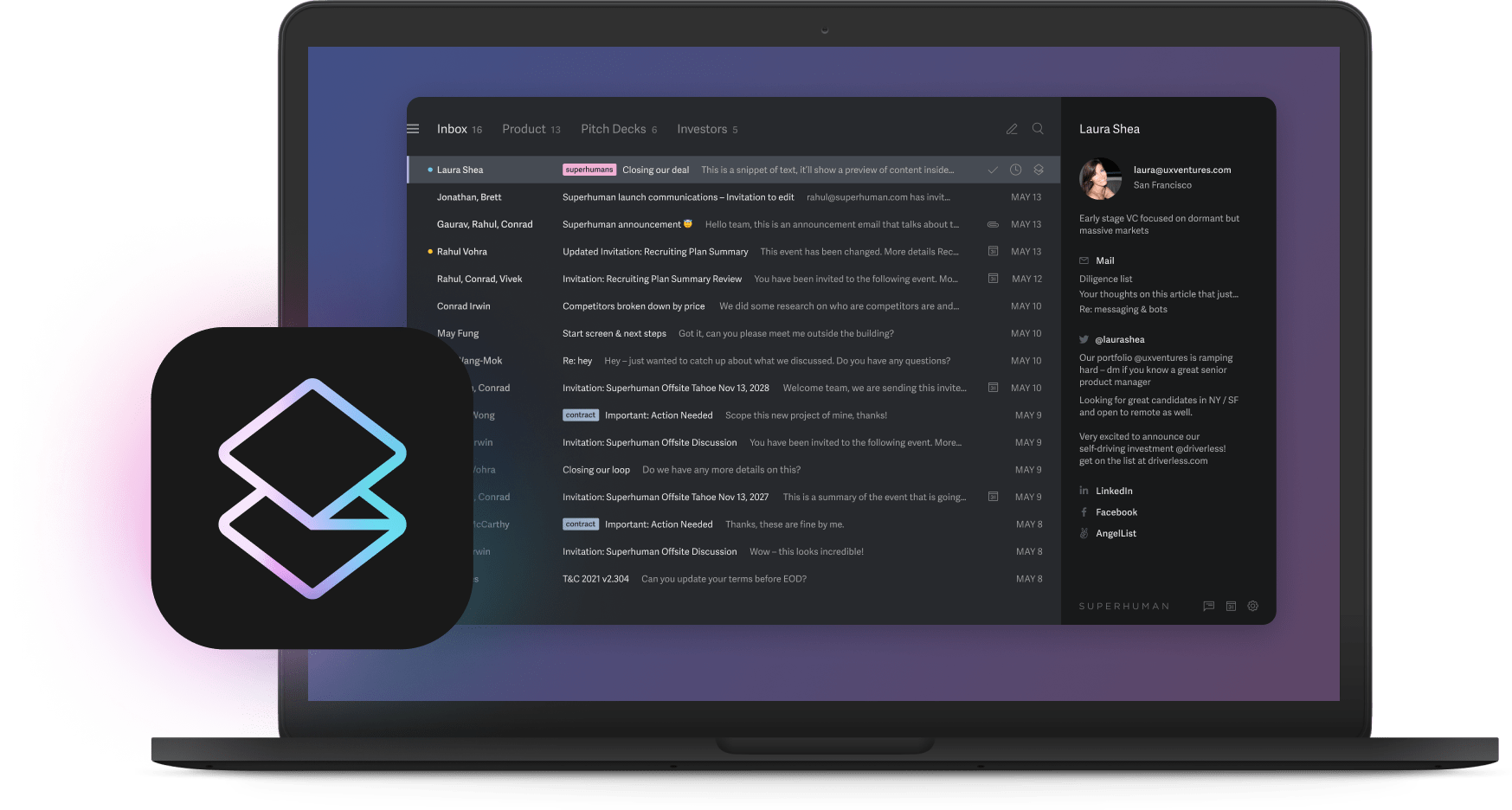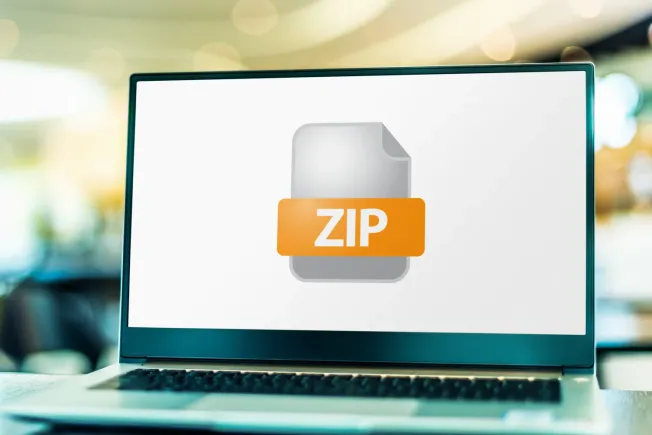
Remember when AI was just a sci-fi dream? Artificial intelligence now touches almost everything we do, from the phones in our pockets to the algorithms silently shaping our online experiences. Let's dive into ten mind-blowing facts about AI that showcase just how far this technology has come and where it might take us next.
The origins of artificial intelligence
The term "artificial intelligence" was coined at the 1956 Dartmouth Workshop, when a small group of visionary scientists got together to brainstorm how machines might think like humans. Imagine their excitement as they sketched out ideas that would launch an entirely new field of science! While they were wildly optimistic about how quickly AI would advance (they thought they'd solve it in a summer!), they laid the groundwork for everything that followed.
Fast forward to today, and those early dreams have blossomed into systems that can chat with us naturally, recognize our faces, translate languages instantly, and even create stunning artwork. The contrast between those first clunky programs and today's sophisticated AI is like comparing the Wright brothers' first flight to a modern spacecraft.
AI in business and industry
Think fraud is still mainly caught by sharp-eyed humans? Think again! 73% of organizations already use AI for fraud detection, with another 23% planning to join them soon. These smart systems can spot suspicious patterns across millions of transactions in seconds, flagging potential fraud before money even leaves an account. For banks and credit card companies, this means saving billions of dollars annually while keeping our money safer.
But that's just the beginning of how AI is transforming business. Imagine factory machines that can predict their own breakdowns before they happen. That's the reality of AI-powered predictive maintenance in factories today. By analyzing tiny changes in vibration, temperature, and performance data, AI can alert maintenance teams to fix problems before equipment fails catastrophically. Companies using these systems have slashed unexpected downtime by up to 80% and extended machine lifespans by years. No wonder manufacturing executives can't stop talking about it!
AI in media and creativity
Remember when writing a news article required a human reporter? Those days are fading fast. AI can now write news articles and sports recaps in seconds, cranking out thousands of pieces that would take human journalists days or weeks to produce. The Associated Press has been using AI journalists since 2016 to cover everything from company earnings reports to minor league baseball games. This frees up human reporters to focus on in-depth stories that require human insight and investigation.
But AI isn't just mimicking humans; it's creating original art and music that can stop you in your tracks. Tools like AIVA and Google's Magenta can compose music and generate original artwork that genuinely moves people. Want to hear a new classical piece in the style of Mozart, or see a painting that blends Renaissance techniques with modern themes? AI can create it in minutes. While these systems learn from human creativity, they're beginning to develop their own unexpected artistic directions that leave even their creators surprised.
AI in healthcare and technology
Would you trust an AI to diagnose your medical condition? Maybe you should. Studies show AI can outperform doctors in detecting certain diseases from medical images, particularly when examining X-rays, CT scans, and other medical imagery. These systems can spot tiny abnormalities the human eye might miss, potentially catching diseases at earlier, more treatable stages. Of course, these tools work best when partnered with skilled physicians who can put findings in context and determine the right course of action.
Ever wonder how your phone recognizes your face even in poor lighting or when you're wearing glasses? AI is the driving force behind facial recognition technology, analyzing dozens of unique facial features to identify you with stunning accuracy. This technology has expanded from simply unlocking phones to powering security systems, helping find missing persons, and even allowing payments with just a glance. The convenience is amazing, but it also raises important questions about privacy and surveillance that we're still figuring out as a society.
AI in everyday life and sustainability
Your thermostat seems smarter these days, doesn't it? AI systems now optimize energy usage in smart buildings and cities, analyzing everything from weather forecasts to occupancy patterns to keep buildings comfortable while slashing energy waste. AI techniques and personalized comfort models have demonstrated average energy savings between 22% and 44%, with comfort improvements ranging from 22% to 86%. Multiply that across entire cities, and we're talking about significant progress toward sustainability goals.
"Hey Siri, how popular are voice assistants like you?" The answer might surprise you. AI assistants like Siri, Alexa, and Google Assistant process billions of voice commands every month, becoming our everyday companions for everything from settling dinner table debates to controlling our smart homes. These voice assistants keep getting smarter too, understanding more complex questions and speaking more naturally with each update. For many of us, talking to AI has become so normal we barely notice we're doing it.
Try SuperhumanThe AI innovation explosion continues
Want proof that AI development is accelerating at breakneck speed? Here's a mind-boggling stat: since 2010, the number of granted AI patents has increased more than 31 times. That's not just growth; that's an explosion of innovation happening across every industry imaginable. From healthcare breakthroughs to transportation revolutions, AI research keeps pushing boundaries we once thought impossible.
This patent boom reflects the massive investments flowing into AI development. Tech giants are pouring billions into research labs, while scrappy startups focus on solving specific problems with specialized AI tools. The result? A virtuous cycle of discovery and application that makes last year's cutting-edge AI look outdated by comparison. If you think AI is impressive now, just wait to see what's coming next.
Where do we go from here? The future beckons
From that first brainstorming session in Dartmouth to the AI tools we casually use every day, artificial intelligence has evolved faster than anyone expected. Each fact we've explored reveals just one piece of the AI revolution reshaping our world. As these technologies continue to advance, they'll create new opportunities, challenges, and questions that we'll need to navigate together.
The most exciting part? We're still in the early chapters of the AI story. The innovations happening today are laying groundwork for systems that may eventually surpass human capabilities in most domains. Whether that prospect thrills or concerns you probably depends on your perspective, but one thing's certain: staying informed about AI's evolution has never been more important or more fascinating. The future is being written in code, and AI is holding the pen.






